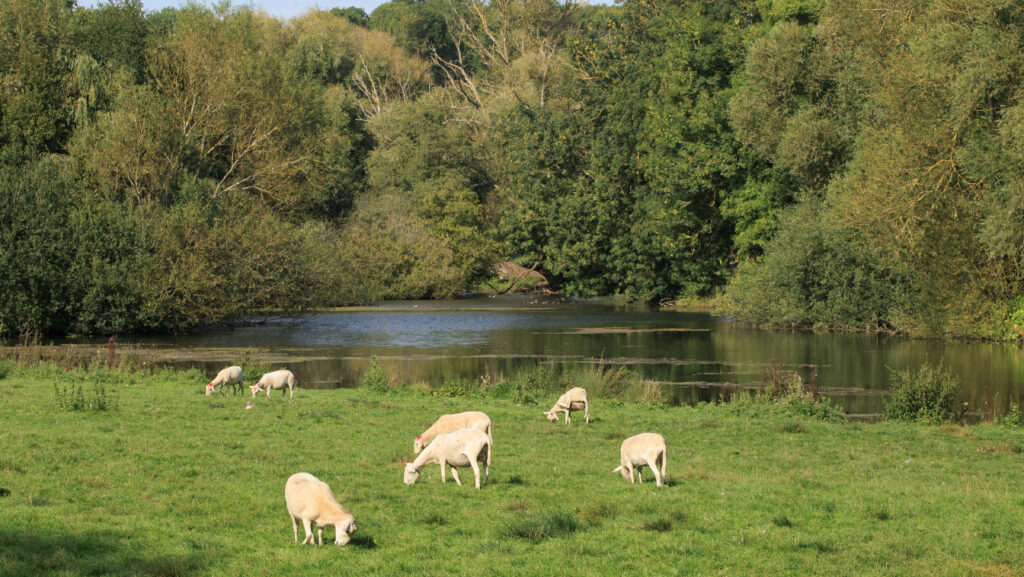First bluetongue cases in Wales found in sheep
 © Tim Scrivener
© Tim Scrivener Bluetongue virus serotype 3 (BTV-3) has been confirmed in three sheep moved to Gwynedd, marking the first recorded case of the disease in Wales.
This follows an increase in cases detected in eastern and south-east England, where over 100 premises have been affected.
Farmers in Wales and other regions, including Northern Ireland, are being urged to exercise extreme vigilance and ensure responsible sourcing of animals to prevent the further spread of the virus.
See also: Analysis: What farmers need to know about bluetongue
The NI Department of Agriculture, Environment and Rural Affairs (Daera) and Welsh authorities are emphasising the need for early detection and reporting of symptoms, including isolating suspect animals indoors.
Veterinary officials continue to monitor the situation, conducting investigations on affected farms to determine whether additional control measures are necessary.
In his statement, Wales’ deputy chief veterinary officer Gavin Watkins reiterated the importance of farmers consulting with their vets and practising safe sourcing to protect herds and flocks from bluetongue.
“The cases identified in Gwynedd are from animals brought into Wales,” said Mr Watkins.
“We will apply measures to stop the disease spreading from these three sheep and our aim remains to keep Wales free of bluetongue.
“It is important to talk to your vet and practise safe sourcing of livestock, to protect our herds and flocks and keep any further disease out of Wales.
“I would urge all farmers and others who keep ruminants and camelids to be vigilant for the signs of bluetongue and to report any suspect cases to Apha immediately.”
Threat to Northern Ireland farms
NI farming minister Andrew Muir also highlighted the threat posed to Northern Ireland by importing infected animals, urging vigilance to mitigate further outbreaks.
Signs of bluetongue in sheep include fever, lesions, lameness, ulcers or sores in the mouth and nose, discharge from the eyes or nose and drooling from mouth.
Typical symptoms in cattle include fever, skin lesions, such as crusting and erosion on the nose, teats and around the eyes, and reluctance to move.
A drop in milk yield or abortion in cows are also being observed.
Farmers are being encouraged to report any suspect cases to the appropriate authorities and to follow biosecurity protocols.
How to report suspected bluetongue cases
Farmers should report all suspected cases of bluetongue to:
England: Apha on 03000 200 301
Wales: Apha on 03003 038 268
Scotland: Your local field services office
Further detailed information on BTV-3 is available on the Ruminant Health & Welfare website.
